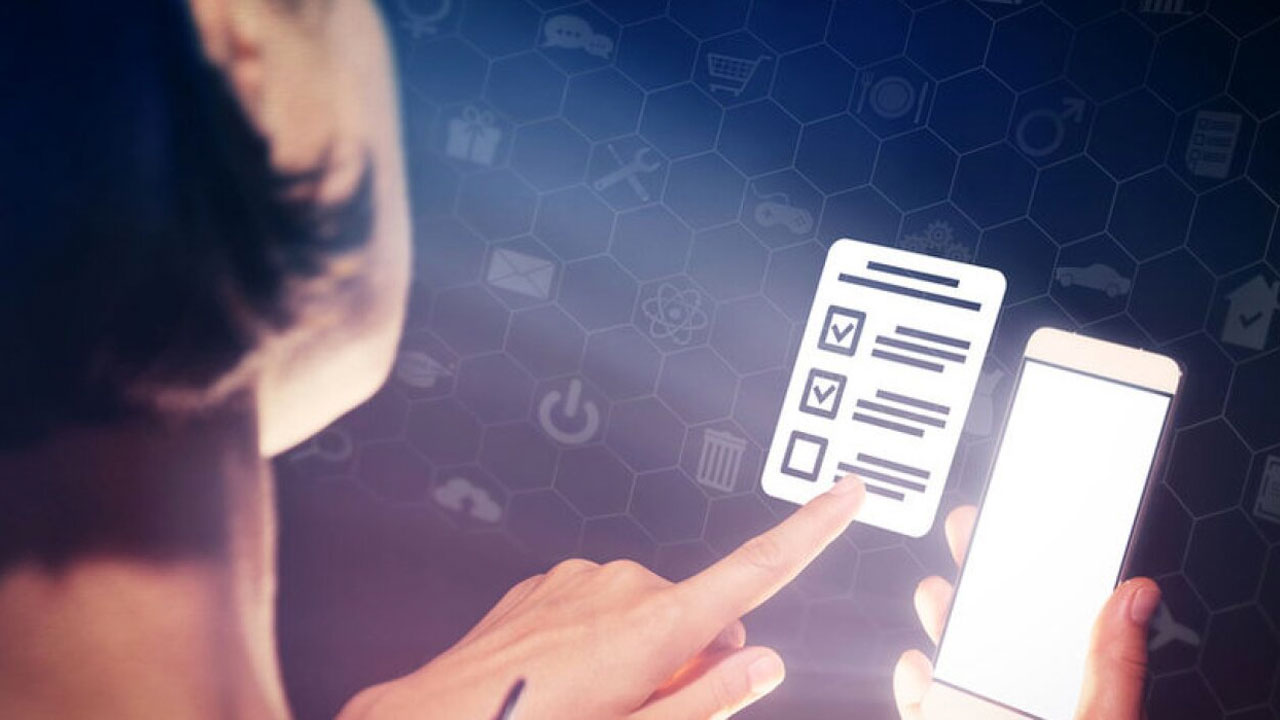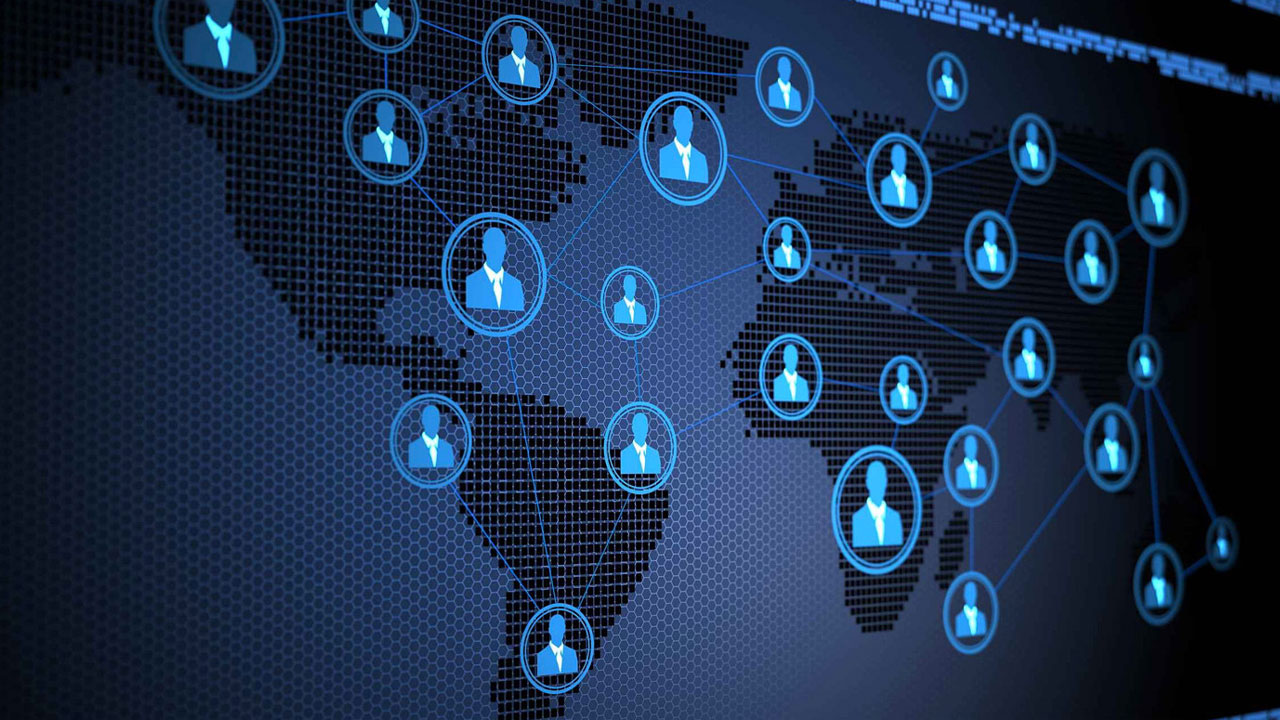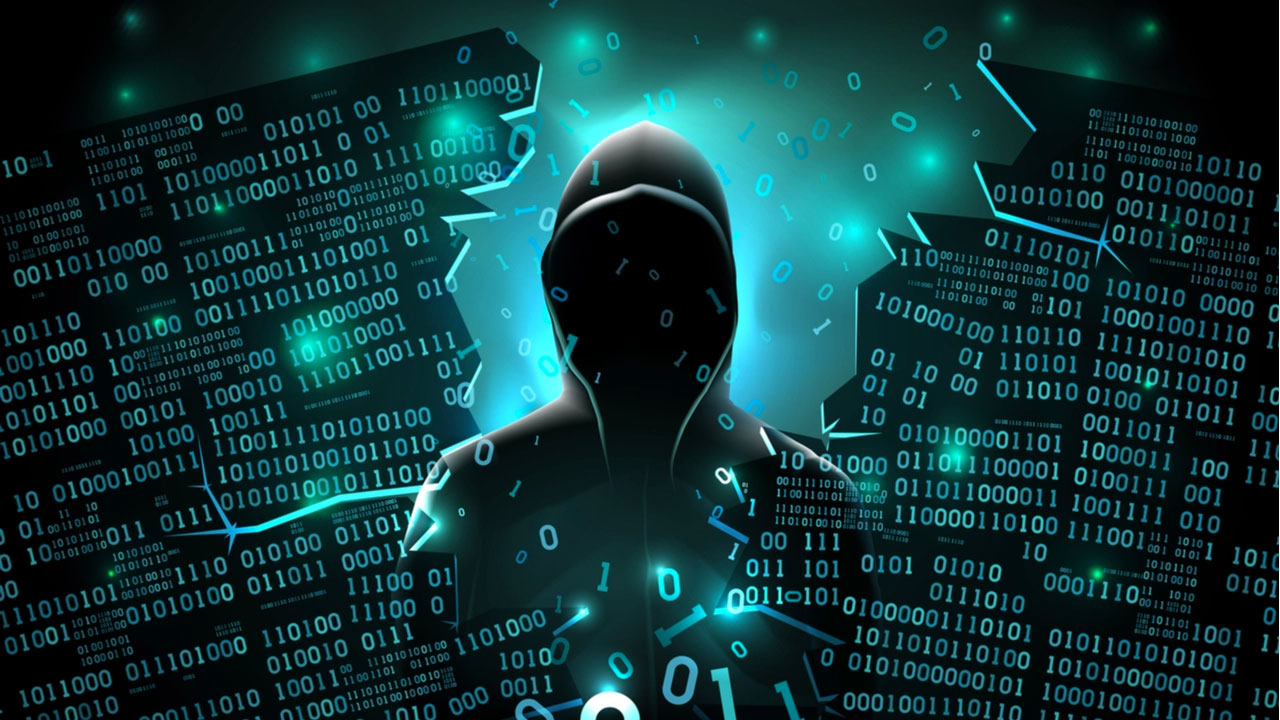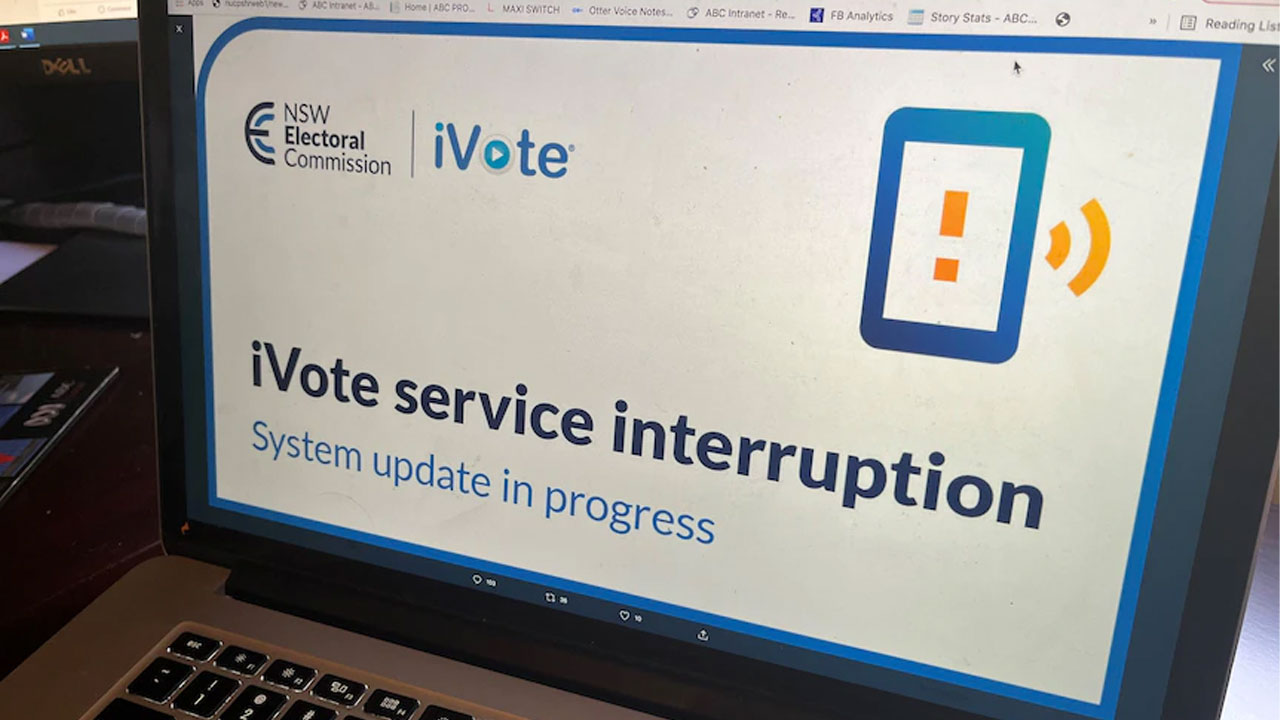An important question that comes to mind while in a historical election process is why electronic elections are not implemented. We explain why we still use paper, ink, seals and sacks when we have all the means.
What comes to mind first when we say electronic selection? By specifying our preference from a phone or a special device and continuing on our way? your choices it’s just voting When we think about it, we can fall victim to such misconceptions.
Elections are held with high security measures in order to clearly reflect the will of the voters, no matter which way they are held. Everything about elections, if your vote is transmitted electronically -especially security measures- It has to be electronic. While it is perfectly possible to understand security breaches in a physical election environment, observing breaches electronically is a skill or ability that few people possess.
There are actually two ways of making electronic selection. The first of these is electronic but without internet selection:
E-Choice (E-Voting): The first of these is to place kiosk-like devices, called kiosks, instead of voting booths, at points determined by the institution that organized the election. You only make contact with that device once and the process is over. No chest, no internet. Votes entered on these devices can be collected and counted over a private VPN network belonging to the regulatory agency.
If we said VPN, we need to specify that this network is only private to the institution and that it is not the network that can be accessed with the “internet” connection that we use today. So this method is kind of legal “deep web” technique is being used. So it’s extremely safe. You have to go from point A to point B like the standard choices. But no paper, no compass, no envelope, no sack…
Another method makes it possible to vote online, from where you live:

I-Choice (I-Voting): This is probably the first electronic selection method that comes to your mind. You can make your choice with the web page you enter from an application on your smartphone or via the browser -for once only. It doesn’t matter where you are or where you live. Prove that you are a citizen on the login screen, that’s enough.
In fact, we have all the technological infrastructure required for both electronic selection methods:

Kiosk technologies are not very new anyway, the point they have come to for years allows us to solve all transactions from the ATM without entering bank branches. Anyone who has millions of TL money can go to the ATM with a single card, even with a QR code, and buy shares in the stock market with all his money, without a card. In fact, very similar to the second method, you can do this whole process. from a single mobile app he can.
Bank applications can understand who is trying to access the account, thanks to technologies such as fingerprint or facial recognition. In short, all these technologies that enable us to receive commercial services, While we can entrust all our material assets, we cannot entrust our votes..
Voting is not only a personal but also a social responsibility, and its results affect societies before individuals:

In fact, the most fundamental difference between the ATMs and banking applications we use and electronic choices. ideological difference This. If a person reaches your card or phone, they can withdraw all the money in your account, but this only affects you. That’s why it protects both your card and your phone with passwords, you don’t want to forget it somewhere. Your responsibility is personal, as are the consequences of a possible crisis.
But the elections? We vote in a cabin that even the closest person to us cannot enter. No one knows who we put the seal on. The choice is so personal and confidential. But the results, in which our vote is involved, affect the whole society, that is, with our own opinion. we have the power to determine the fate of the whole society for a moment… That’s your decision, it’s worth more than the money in your bank accounts (I mean, at least it should be).
If you are worried that everywhere is being hacked and infiltrated on the internet, you are right. What about blockchain technology?

Everything, including banks, has the potential to be hacked. Moreover, cybersecurity vulnerabilities do not occur as clearly as a possible privacy concern, as in the torn voting envelope. For this reason, there are very few people trained to detect envelope ruptures in the cyber world, it is impossible for all of them to observe the same system for a single election. Let’s say we achieved this, this time it is an open that no one can even guess, without even our soul can change electronic votes.
Against such concerns, there is blockchain technology, which banks have adapted to, but whose existence we owe to cryptocurrencies. Its basic logic is that each device in the system records and approves the movements made from all other devices. In other words, there is no central device, the network to which all devices are connected is the center itself. Records can never be deleted or changed.
Everything that goes digital has a weakness, so does the blockchain.

As a matter of fact, blockchain technology also has its weaknesses. Even the crypto exchanges that use this technology in the most active way incur serious expenses to deal with cyber security attacks. However, these costs are continuous and income generating systems are established and developed for stock market systems. The cost of a blockchain-based security system set up by a large cryptocurrency exchange for a digital activity like elections that will end in just a few hours; papers, seals, bills, envelopes, sacks and payments to officials much more on.
Another issue related to the blockchain; The fact that the number of technical people who can instantly see and solve potential dangers is much less compared to other areas of cyber security. Let’s say we set up the world’s most secure blockchain election portal. In order to fill a gap that could not be noticed until the elections started, this small number of people to move very fast there is need.
In addition, the high computational power of blockchain technology to quantum computers Whether it’s resistant or not is a big question mark.
Despite all this, is there no electronic election in the world? It was done but… Here… It seems like it didn’t happen…

Photo of a user who had an error in Wales’ internet election.
There are many elections where voters go to a kiosk and vote electronically in a closed system. United Arab Emirates, India Then the list can get quite long, let’s not tire you with the list of these elections, which are also organized on the basis of states in some countries.
However, the most recent election using internet connection; in 2021, United Kingdom country of WalesThe borders were made in the southern part of Australia, whose borders are located in Australia. It was done, but some voters had problems accessing the system. In other words, the result of the elections was deemed to be affected due to the technical problems experienced before there were security doubts.
In Kempsey, one of the constituencies, votes cast electronically were invalidated, the election repeated physically. Due to technical problems, the winner in the dubious electronic election lost this time. Due to this critical error, electronic election plans scheduled for 2023 in Wales have also been suspended.
As a result, the answer to the question of why we still do not make elections electronically: It is through being human. That’s why we take it easy, and if there is a weakness, we vote with the physical, traditional system that the majority can understand and solve in a short time.
